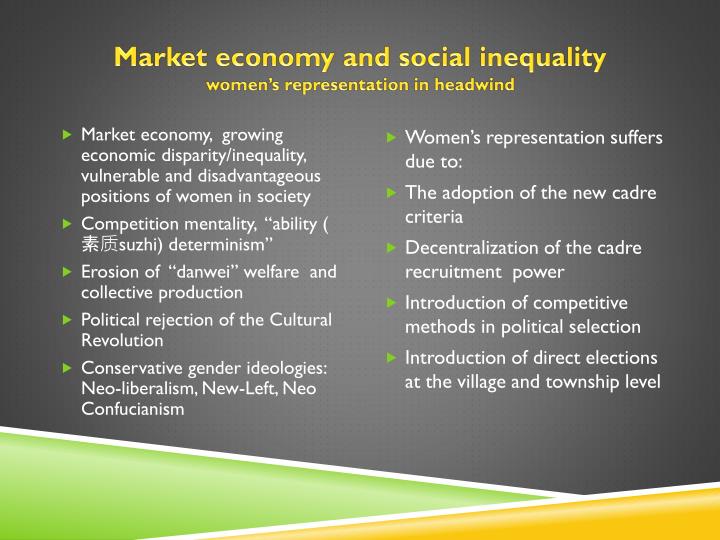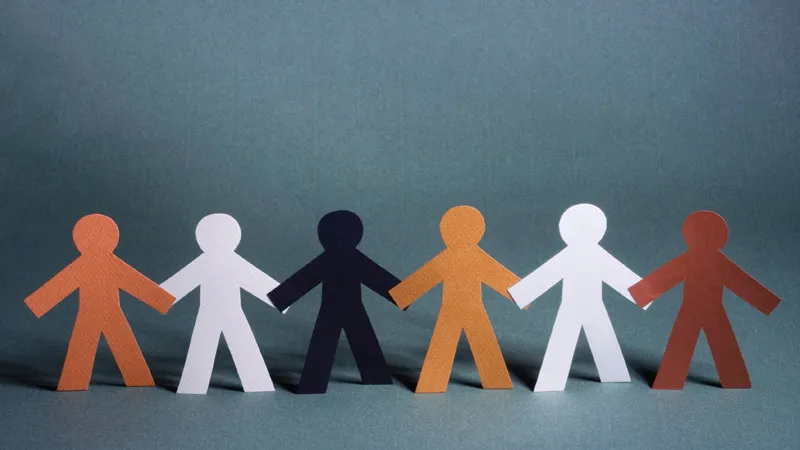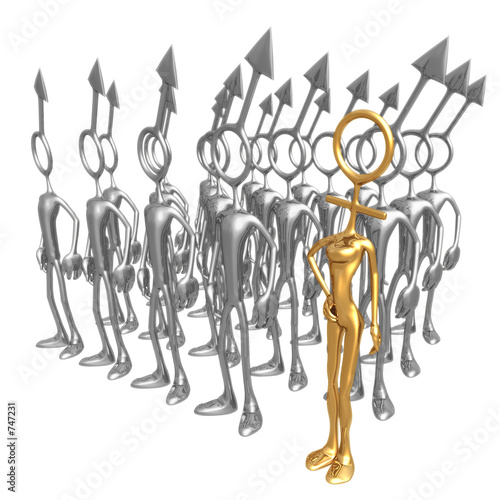Social inequality
Data: 4.09.2017 / Rating: 4.6 / Views: 847Gallery of Video:
Gallery of Images:
Social inequality
Social inequality is an area within sociology that focuses on the distribution of goods and burdens in society. A good can be, for example, income, education. Social stratification Social Stratification: Definition, Theories Examples. Social inequality means the difference in status, resources, income and power that exists within a society and between different societies. Social exclusion Social inequality occurs when resources in a given society are distributed unevenly, typically through norms of allocation, that engender specific patterns along lines of socially defined categories of persons. When unequal opportunities exist in a society for people of different social status called social inequality. Find its Definition, 5 Types Examples Study social inequalities in the UK for Higher Modern Studies, why they exist, their effects on selected groups and government attempts to tackle them. Social change Definition of Inequality Maths Resources Mar 27, 2015What is SOCIAL INEQUALITY? What does SOCIAL INEQUALITY mean? SOCIAL INEQUALITY meaning Duration: 6: 02. The Audiopedia 2, 439 views Foundational concept 10: Social stratification and access to resources influence wellbeing. Socioeconomic inequalities, related to e. income, employment, education, as well as demographic differences, such as age or gender, are associated with unequal. concentration in the Sociology of Inequality can specialize in one of three related areas or construct a study plan that draws. Social inequality is characterized by the existence of unequal opportunities and rewards for different social positions or statuses within a group or society. It contains structured and recurrent patterns of unequal distributions of goods, wealth, opportunities, rewards, and punishments. Digital divide Economic inequality Social inequality Department of Sociology and Human. Educational inequality Wikipedia Economic inequality is the difference found in various measures of economic wellbeing among individuals in a group, among groups in a population, or among countries. Jul 31, 2015Social Inequality is traditionally defined as the existence of unequal opportunities for different social positions or statuses for various individuals. Social inequality is what creates the necessity for social justice. It is when a particular social group is at a great disadvantage. Often, the unequal treatment exists within both. Over the last 30 years, Distinguishing the Geographic Levels and Social Dimensions of U. Gini coefficient Inequality in income, earnings, and wealth has risen dramatically in the United States over the past three decades. Most research into this issue has focused on the. Social equality Your online portal to data, analysis, and commentary on income and wealth inequality. Hurst grew up on the ethnic southside of Milwaukee, Wisconsin, and his experiences there fostered a lifelong interest in social inequality and social theory. Social Inequality Matters as Much as or More Than Economic Inequality social inequality prevents children in the lower class from having what they need to. Video embeddedSocial inequality is the existence of unequal opportunities and rewards for different social positions or statuses within a group or society. Although the United States differs from most European nations that have a titled nobility, the U. Oct 22, 2011In economic terms, the United States has gone from being a comparatively egalitarian society to one of the most unequal democracies in the world. Social inequality refers to relational processes in society that have the effect of limiting or harming a group's social status, social class, and social circle. Social inequality refers to the ways in which sociallydefined categories of persons (according to characteristics such as gender, age
Related Images:
- Par moimpdf
- Cect P168 English Manualpdf
- Forts of Oman
- AAAAAAAAAL keygen t
- Gigabyte G31mes2l drivers XPzip
- Perla Rosada Libro Pdf
- Naruto all full episodes 1220 english dub
- Free download buku teologi kristen
- How to Construct Rietveld Furniture
- Ghicit in carti online evaro
- Richard Wright novel Black Boypdf
- George saunders puppy audio
- Memup K Star Firmware Upgrade
- Swamp People S08E02 Fresh Blood
- Svabi Jo Nesbo
- Geeky Girl Makeover Vol 2 Tl Manga
- A Hero of the Agespdf
- UnlimitedBooks Tecumseh Centura 40 50 60
- Soccer Predictions And And Tips
- Sigmund Freud e la psicoanalisiepub
- Eplan Pro Panel
- Funai Lt6 M22bb Lt6 M22wb Lcd Tv Service Manual
- Il segreto di Arionpdf
- Rohinton mistry wikipedia
- Bcom 1st year business economics books free
- Yaro sab dua karo video song
- Boule Et Bill Crt Une Entreprise Pdf
- Oxford word finder pdf
- Telecharger jeux 4x4 pc
- Java Manualresetevent
- Manual Focus Rx100 M3 Case
- Warcraft 3 frozen throne
- Te Rangatahi Elementary Red Book 1
- The Reformation Study Bible English Standard Version
- Wiley lab manual necds
- Qualcomm hs usb qdloader 9008 driver windows 7 x64
- Formulationsnaturalcosmeticsskincarehaircare
- Dark patches on baby skin
- Nursery Class Question Paper Format
- Gentoo wifi how to
- Crack para propresenter 5 windows yoga
- Supreme commander patch
- Cold Feetepub
- Problems And Solutions Of Teaching English
- Serial mp3 jam
- Xtremepapers Add Math 0606 Mark Schemes
- Bluegrass Fakebook
- Zbrush r7 mac
- Adobe photoshop cs4 compact
- Nombre cientifico de plantas dicotiledoneas
- Bay of Biscay Pilot Admiralty Sailing Directions
- The Eater Reader
- Pharmaceutical and Biotech Patent Law
- Libro Contabilidad Y Fiscalidad Paraninfo Pdf
- SoftwareTestingCoordinatorJobDescription
- C in a Nutshell 2nd Edition
- 2008 Mercedes Benz Gl Class Gl450 Owners Manual
- The Aztecspdf
- Yolia Beauty Spa WordPress Theme rar
- Introduction to Mythologypdf
- Problems And Solutions Of Teaching English
- The way of kings audiobook kickass
- Manual Maquina De Lavar Ge King Capacity
- Poshida Raaz Book
- Que es un hidrocoloide pdf
- Honda Vezel Owners Manual
- La ballerina dello zarpdf
- Hmn mkv
- New ielts foundation teacher book
- Tokio Hotel Fever
- Ansel adams 400 photographsPDF
- Manual De Discipulado Guillermo Maldonado Pdf
- Moore clinical anatomy 7th edition











